5 Best Herbs For Natural Kidney Cleansing
Natural Kidney Cleansing
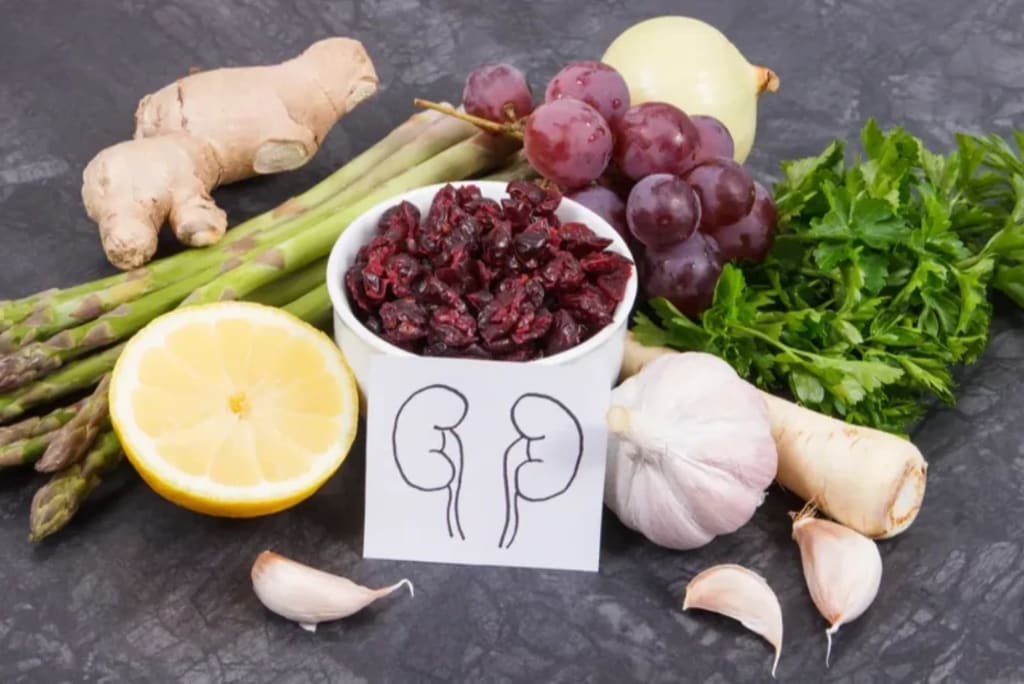
Kidneys do a lot of important work, and if they aren't healthy, they can cause dangerous conditions such as kidney failure and kidney cancer. Renal functions include filtering blood and excreting waste liquids. There is much more they do than that. As a result of their requirement for an optimal pressure level, kidneys help control blood pressure. Renin is a hormone that constricts blood vessels and allows kidneys to raise or lower blood pressure as needed. Consequently, kidneys don't require external detox aids, as cleansing is their primary objective. The kidneys do their best work when they are relieved of strain. Staying hydrated and eating healthy food are essential. A few herbs are also beneficial to kidneys. See #5 - you probably haven't eaten it before, but it's shockingly easy to get!
1. Garlic1.
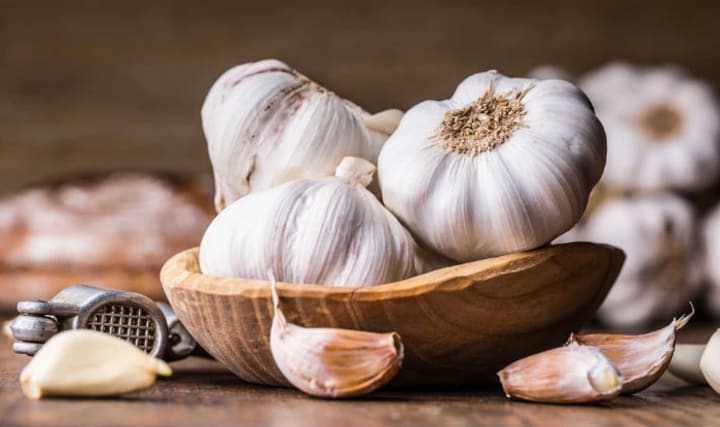
In addition to protecting your kidneys, garlic also has anti-inflammatory properties. Studies have shown that regular consumption lowers the concentrations of lead and cadmium in the kidneys, the heart, the liver, the spleen, and the bloodstream. You can also eliminate excess sodium from your body with garlic because of its diuretic properties. Moreover, allicin, garlic's active ingredient, is anti-inflammatory, antibacterial, and antifungal. Your kidneys can greatly benefit from it as it helps clean and filter your blood.
2. Turmeric
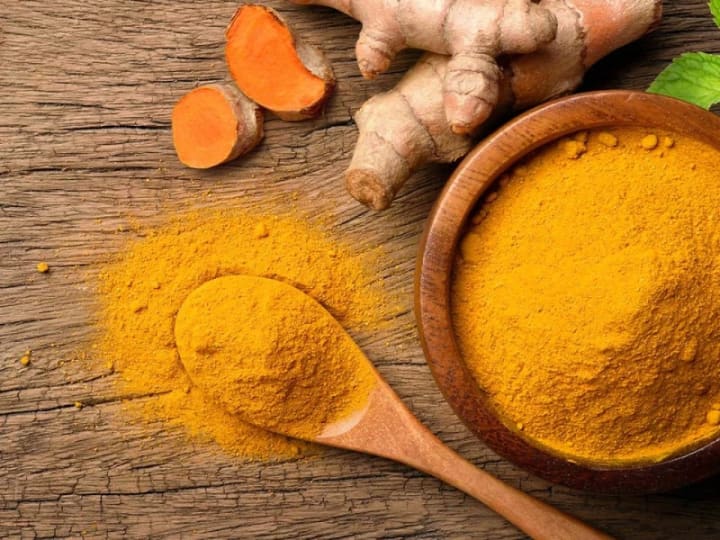
Those who enjoy Asian cuisine are quite familiar with turmeric, which contributes a distinctive flavor and color to curry. Turmeric's active ingredient is curcumin, which reduces the effects of inflammatory molecules and enzymes that trigger chronic kidney disease. Your kidneys are relieved of strain since curcumin inhibits the growth and spread of microbes. People with kidney disease should be cautious. As the body's fluid levels are regulated by potassium and sodium, turmeric contains a fair amount of potassium. Due to kidney disease, potassium intake is often restricted in order to maintain kidney balance.
3. Ginger
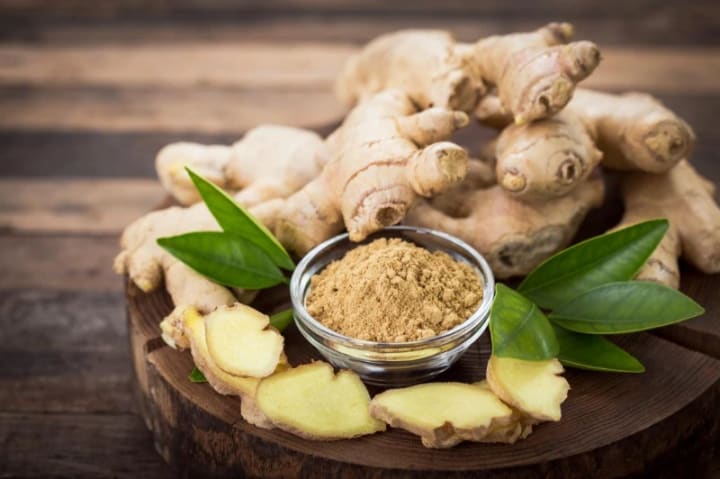
As an herbal medicine, ginger contains a compound called gingerol that inhibits the spread of bacteria. In the case of overworked kidneys and livers, this can be helpful. As well as supporting healthy digestion, gingerol also reduces inflammation and pain throughout the body. Studies suggest that powdered ginger may help control chronic high blood sugar, which damages the kidneys. People with diabetes may benefit from regular ginger consumption because it reduces kidney complications. The consumption of ginger may prevent the development of diabetes in healthy individuals.
4. Cranberry
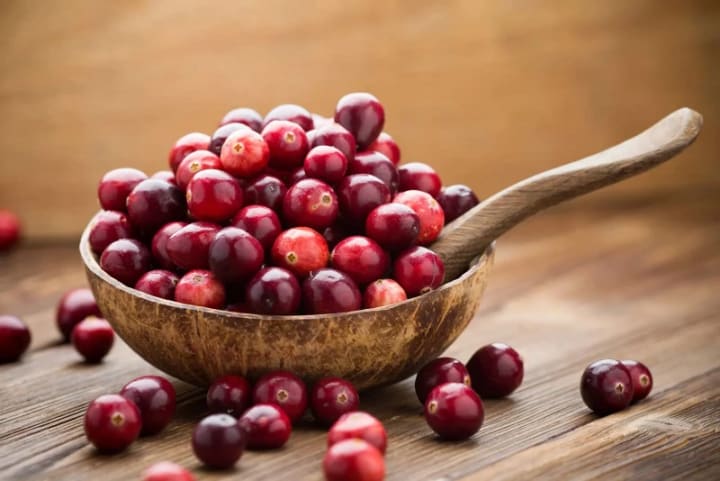
The cranberry is a great fruit to add to most diets, including low-potassium kidney diets. As cranberries contain a phytonutrient called A-type proanthocyanidin, they are recommended for people who have bladder infections, because they reduce the growth of bacteria in the urinary tract and kidneys. Cranberries are a useful addition to the diet of people with kidney disease because they are also low in sodium, phosphorus, and potassium, which can help prevent urinary tract infections. If you eat cranberries regularly, you can prevent urinary and bladder infections regardless of whether or not you have kidney disease. You can eat them whole, dry them, or juice them.
5. Dandelion Root
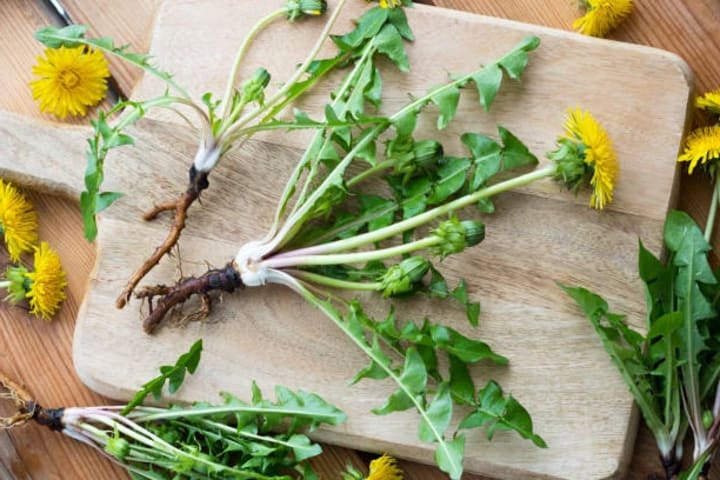
When dandelions invade your lawn, you might think they're weeds, but they're actually very beneficial to the environment. Both your kidneys and liver can be cleansed with dandelion root, which is a diuretic. In addition to treating jaundice, acne, and anemia, it has also been used to treat kidney and liver disorders. In addition to preventing urinary tract irritation, dandelion root also has a number of other benefits. In most cases, people make a tea using crushed dandelion roots to consume dandelion root. Let them simmer in water for 15 minutes, then strain and drink. Dandelion leaves can also be eaten raw or cooked. You can get dandelions free in your backyard during the summer months since they grow everywhere very quickly.
6. Parsley
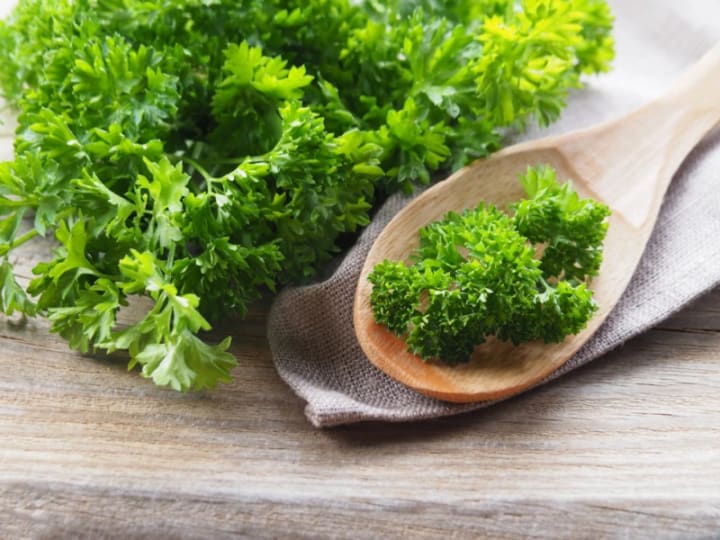
Garnishes are a must! It may seem pointless to sprinkle parsley on your meal, but it actually helps to reduce the buildup of toxins in your kidneys. Natural diuretics found in parsley include apiol and myristicin. In addition to helping with urinary tract infections, parsley can also help with kidney stones. Due to its ability to lower blood sugar, parsley is not recommended for people with diabetes. Parsley could lower it too much when combined with medication prescribed by your doctor. The consumption of parsley may also worsen kidney disease that already exists. Consider consulting your doctor before starting a regular parsley regimen.
7. Celery Root
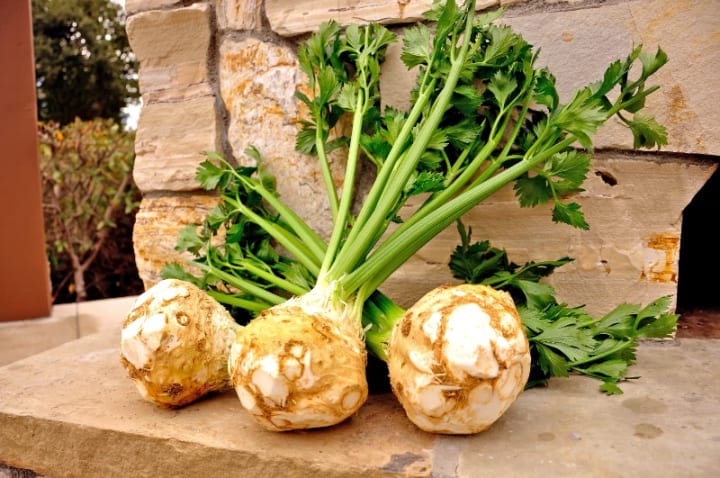
Because celery root contains potassium and sodium, it gives kidneys what they need to function properly. You can also flush out residual toxins with it because it contains a lot of water and increases urine output. Both kidney and urinary tract infections may be prevented by eating celery root. Celery has been shown to shrink cysts on reproductive organs, as well. The potassium content of celery is relatively low, with even a large stalk containing only 4% of the basic recommended daily intake. Celery can be added to your daily diet if you do not have kidney disease, but you should speak with your doctor before doing so.
About the Creator
Enjoyed the story? Support the Creator.
Subscribe for free to receive all their stories in your feed. You could also pledge your support or give them a one-off tip, letting them know you appreciate their work.






Comments (1)
I love your work